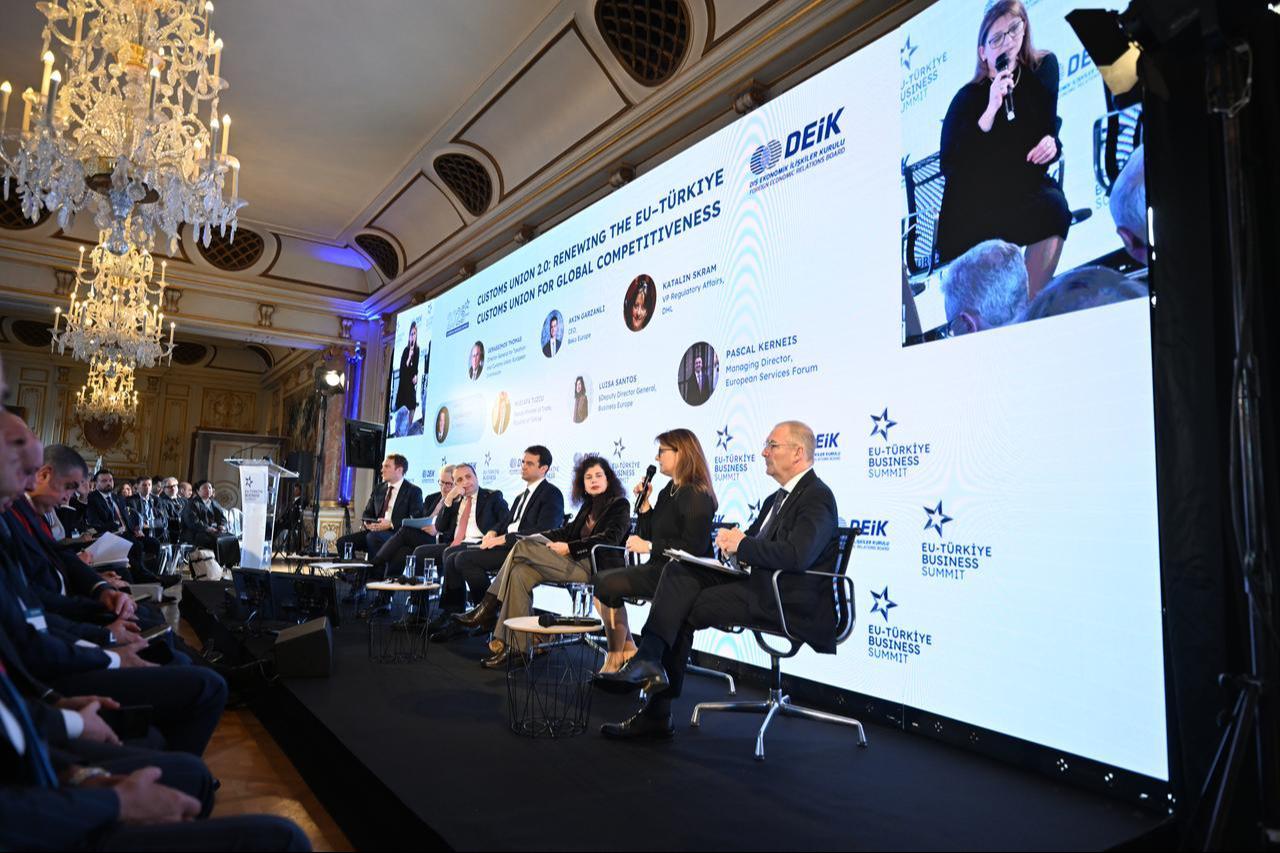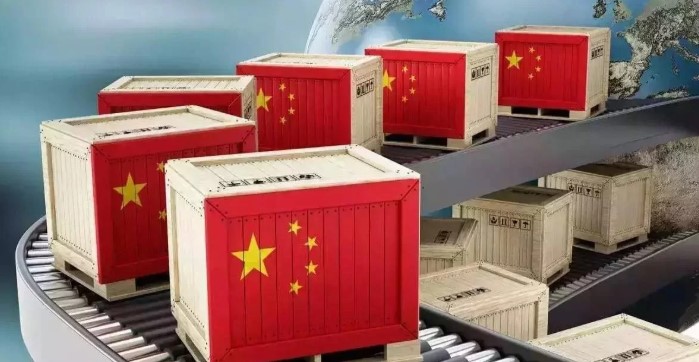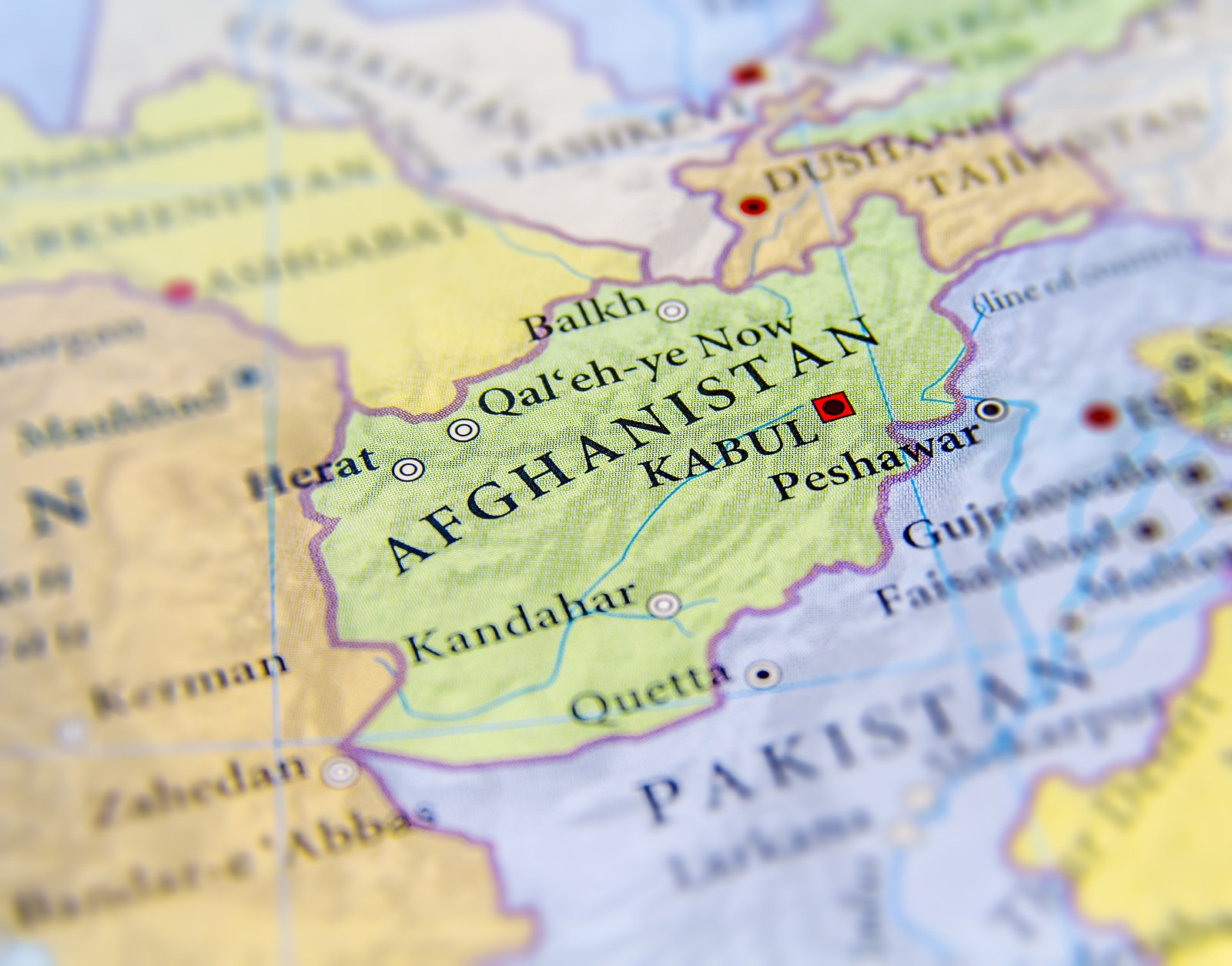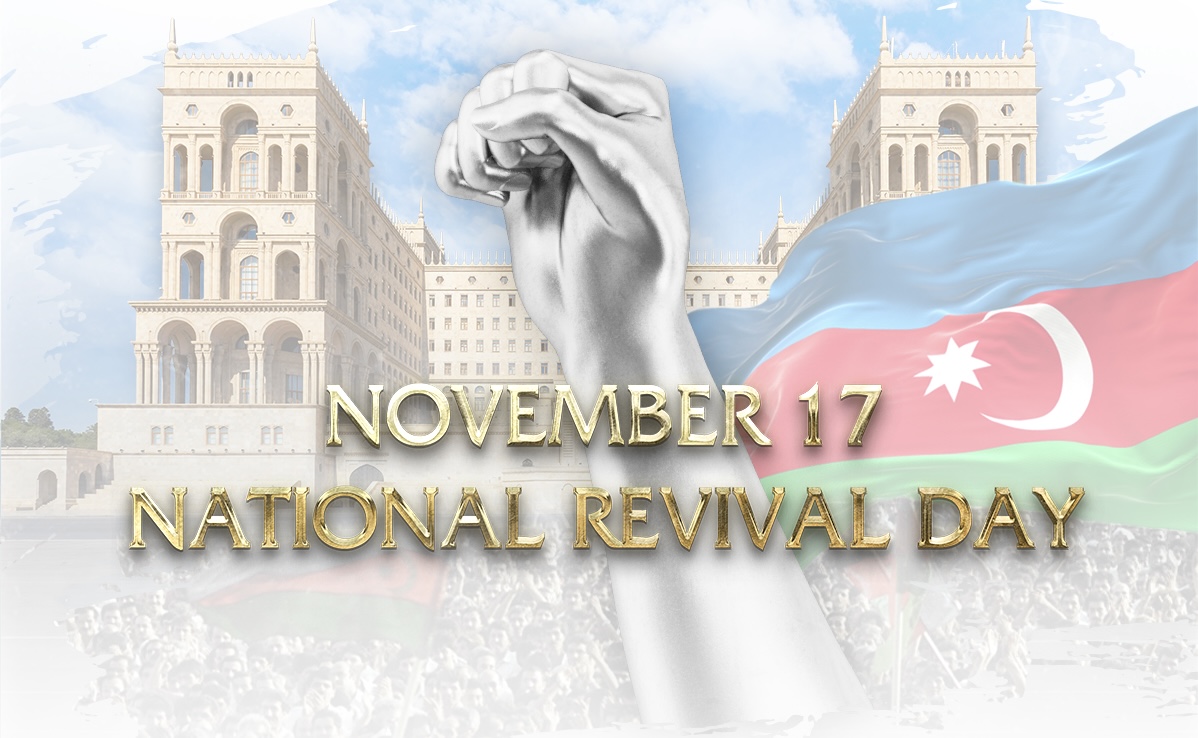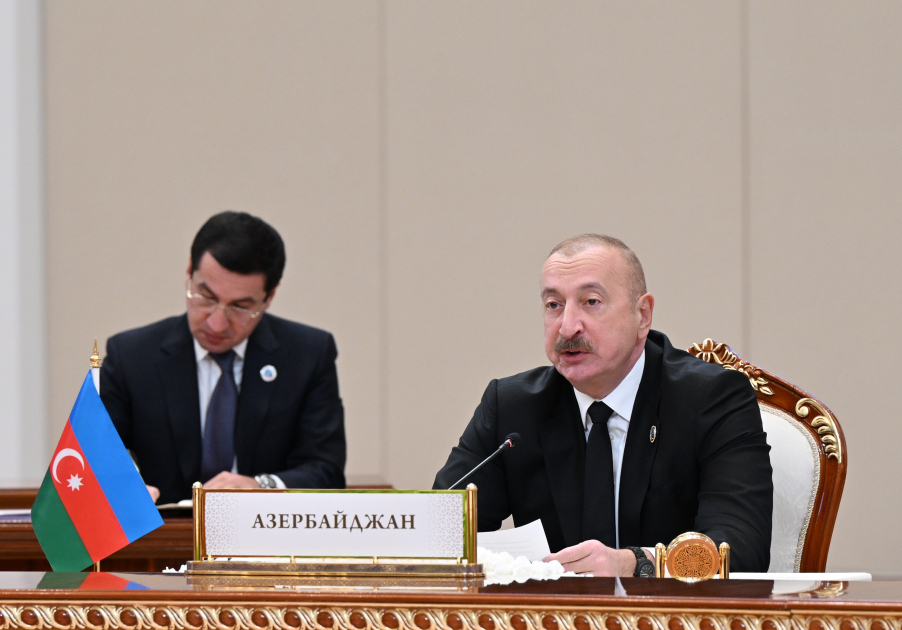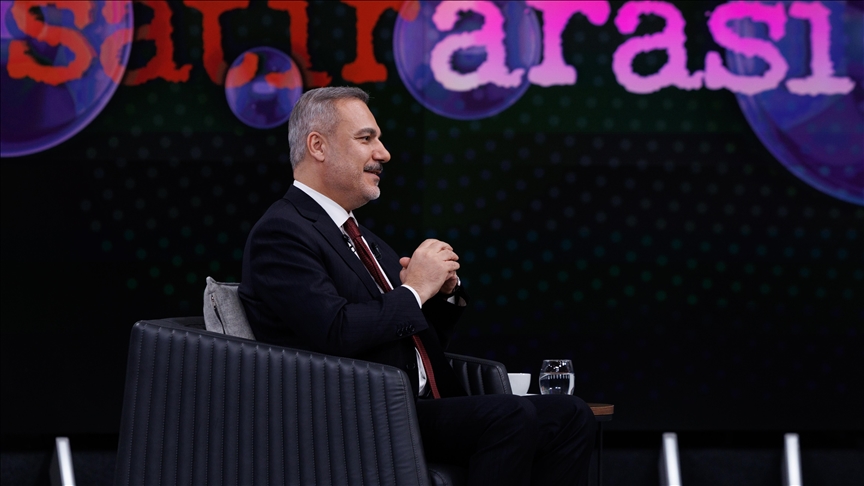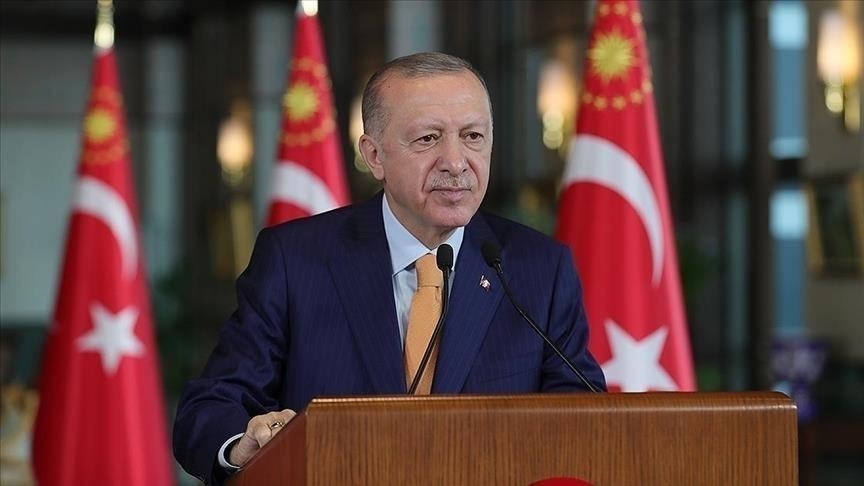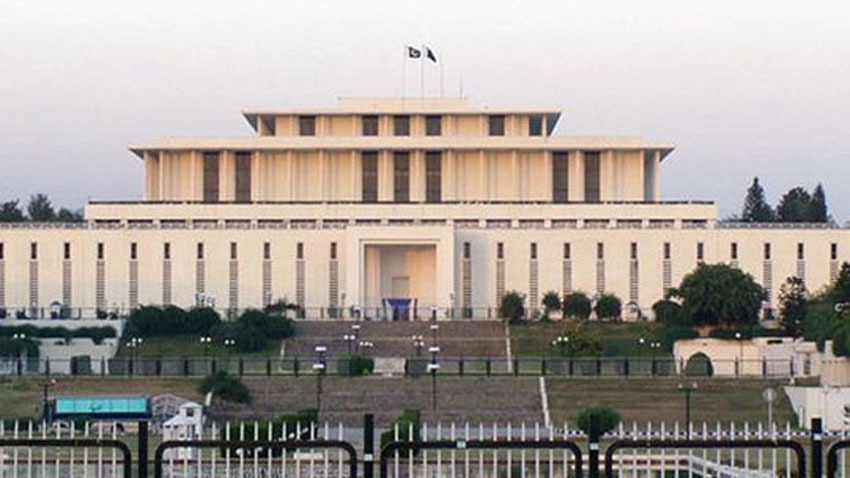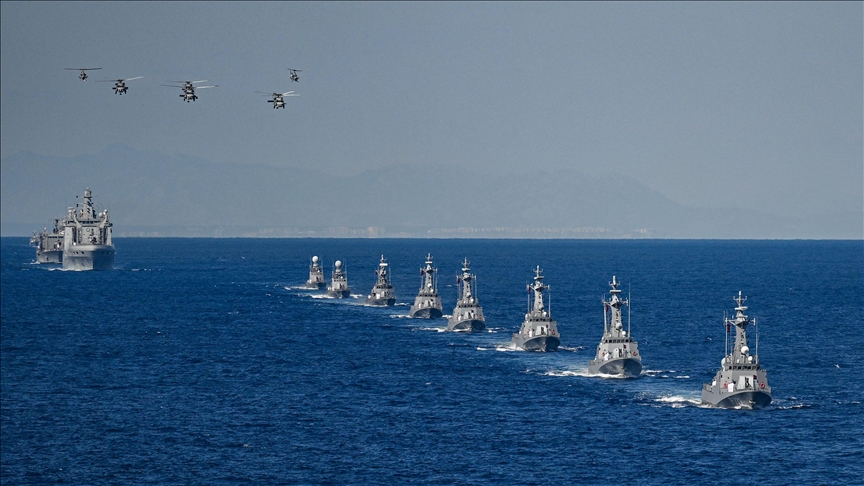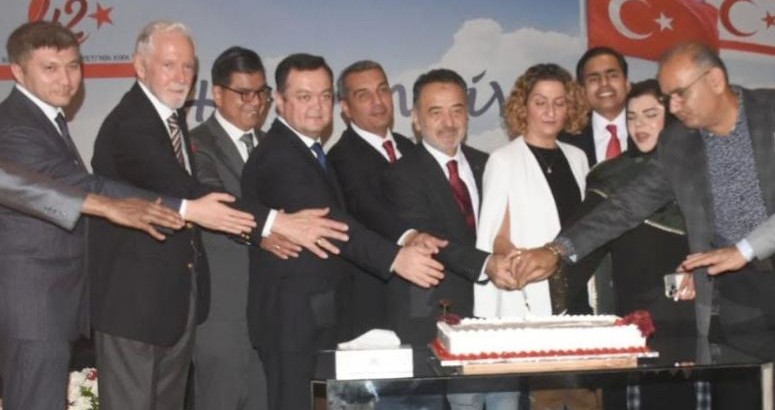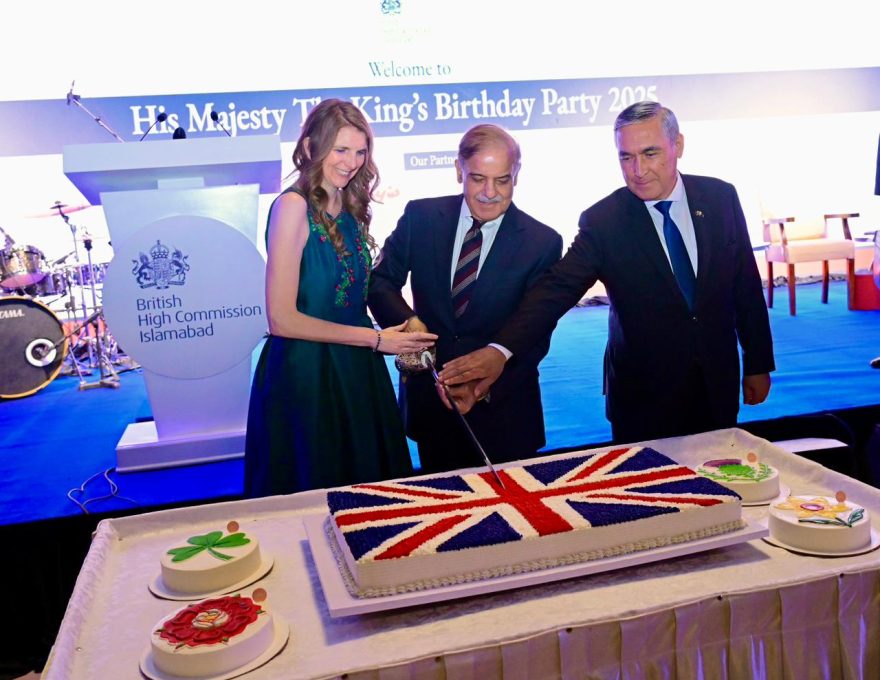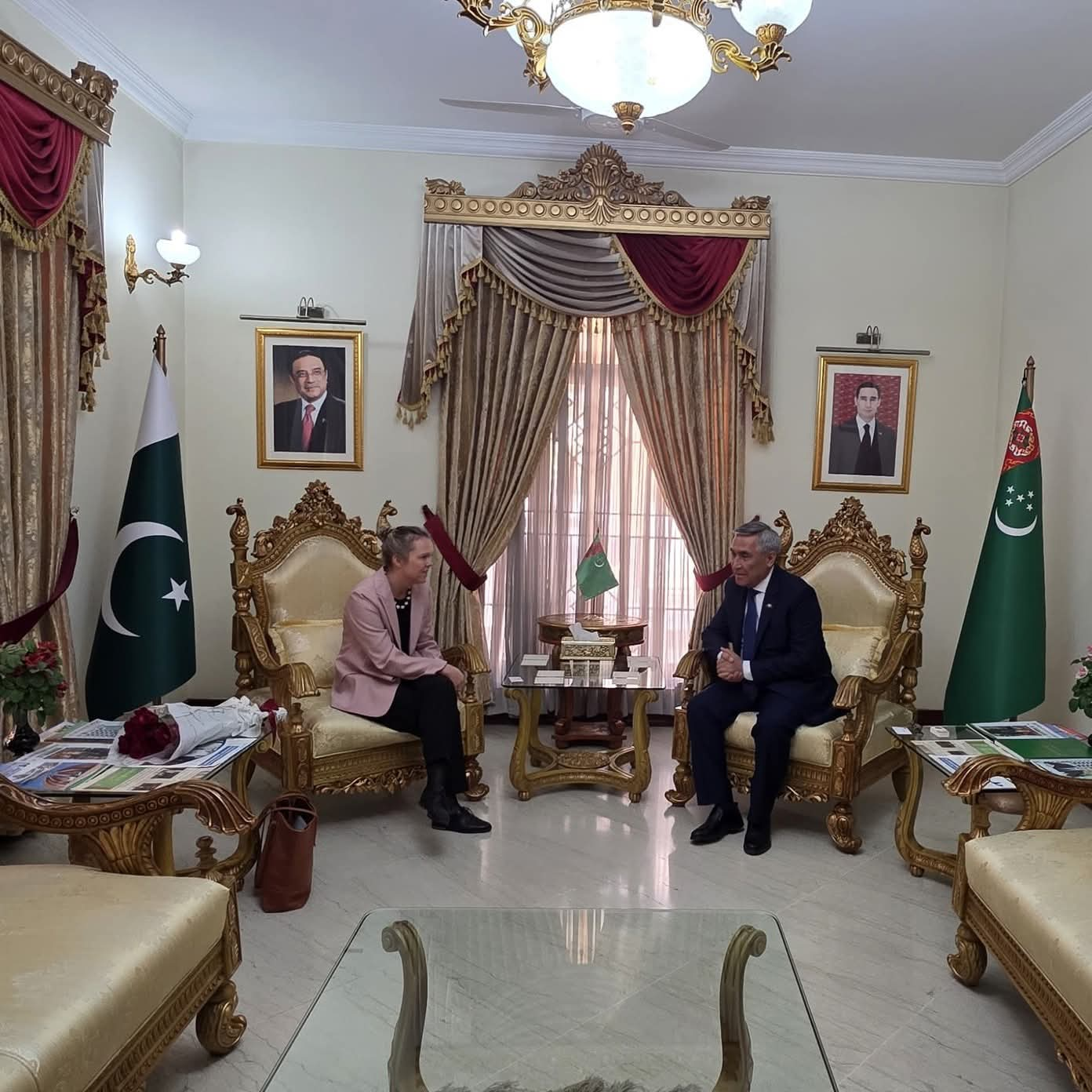From Dialogue to Action: Building a Stronger Economic Future
Brussels today hosts the EU–Türkiye Business Summit 2025, held within the 25th Edition of the European Business Summit. Leaders from business, government, and civil society gather in Brussels to turn long-standing dialogue into concrete action.
The EU–Türkiye Business Summit brought together leading voices from European institutions, Turkish authorities, and major industry players to reaffirm the growing importance of the EU–Türkiye partnership. Discussions focused on trade modernization, security cooperation, sustainability, and innovation—highlighting the strategic role Türkiye plays for Europe.
At the heart of the agenda:
* Modernizing the Customs Union
* Accelerating green and digital transformation
* Strengthening resilient and diversified supply chains
* Advancing innovation and strategic diplomacy
Rooted in a partnership shaped by the 1963 Association Agreement and reinforced through the 1995 Customs Union, EU–Türkiye economic relations remain a pillar of regional stability and shared prosperity. With bilateral trade reaching historic heights and Türkiye positioned as the EU’s 5th largest trading partner, both sides are looking toward a future defined by deeper integration and strategic alignment.
“We Need New Rules in Trade”
Pascal Kerneis, Managing Director of the European Services Forum (ESF), opened the summit with a clear call for action:
“We should do better with our neighbors. We need to establish new rules in trade.”
His remarks set the tone for discussions on updating the 30-year-old customs union agreement.
Türkiye’s Privileged Position
Gerassimos Thomas, Director-General for Taxation and Customs Union at the European Commission, emphasized Türkiye’s unique status:
“We deal with Türkiye. Türkiye is privileged compared to other Mediterranean countries such as Morocco. We have common projects, and businesses can be a trustful partner—such as BEKO.”
Private Sector Commitment to Sustainability
Akin Garzanli from BEKO showcased the company’s efforts toward sustainability, reinforcing the role of Turkish industry in Europe’s green transition.
Reliability and Regional Security
Mehmet Ali Yalçındağ (DEİK) stressed Türkiye’s reliability:
“Türkiye is trustful and reliable in energy. Türkiye is NATO’s second-largest army, and this partnership will ensure regional security. With geographical proximity to the EU, Türkiye is a resilient partner ready to provide more.”
Nail Opak, Chairman of DEİK, added:
“Türkiye and the EU have a long-term partnership. Türkiye is among the EU’s top markets and actively participates in joint projects.”
A Decisive Partner for Stability
Gert Jan Koopman, Director-General for Neighbourhood & Enlargement Negotiations, described Türkiye as:
“A candidate country, NATO member, key partner, and decisive actor in regional connectivity and stability. Türkiye is a crossroads for the South Caucasus and beyond.”
He called for increased cooperation in research, innovation, climate, and migration, noting the recent high-level ministerial meeting on the Black Sea with Central Asian and South Caucasus countries as a sign of constructive engagement.
Modernization and Visa Facilitation
Ömer Bolat, Türkiye’s Minister of Trade, highlighted the urgency of updating trade frameworks:
“Today’s summit will open fruitful cooperation. Exports have reached record levels, and confidence is key for investments—with more than 86,000 foreign companies in Türkiye. We need modernization of the customs union after 30 years of partnership since 1995. Türkiye’s strategic location is vital between the EU and the East, so we need visa facilitation for business.”
Green Tech, Digital Trade, and Health Tourism
Bern Bievert from the European Commission underlined Türkiye’s geostrategic role and potential in green technologies, energy, customs union modernization, digital trade, and health tourism.
Security and Defense: An Indivisible Partnership
Gabriel Munuera Vinals (EEAS) reiterated Türkiye’s importance for common security:
“Türkiye is a NATO member and EU candidate. This engagement ensures a more secure Europe.”
Renzo Tomellini (Leonardo) called for simplifying rules for defense product transfers, while Hakan Aydemir (Turkish Aerospace Industries) noted Türkiye’s rapid progress in defense technologies and its pool of talented engineers:
“Defense is a long-term partnership. We need to share knowledge and work together more.”
Basat Öztürk, Türkiye’s Ambassador to NATO, emphasized:
“Security is indivisible. How can the European continent be defended without NATO? It’s mathematics—Türkiye is NATO’s second-strongest army.”
Strategic Diplomacy and Connectivity
Faruk Kaymakcı, Türkiye’s Ambassador to the EU, highlighted Türkiye’s global diplomatic presence—the third largest worldwide—and its role in Afghanistan and the Balkans:
“Türkiye connects the EU to Central Asia, the Middle East, and the South Caucasus. In a fragmented world, we need unification and competitive supply chains. Türkiye must be fully integrated into EU digital programs.”
He also warned against discrimination and stressed Türkiye’s competitiveness in automotive and defense sectors.
Industry Perspective
Nicola Walker, Director of Government Affairs at Ford Europe, added:
“We are in a fragmented world, so we need unification and a more competitive supply chain.”
Conclusion
The summit reaffirmed that Türkiye is not just a trade partner—it is a strategic ally for Europe’s security, connectivity, and economic resilience. Speakers unanimously called for:
- Modernizing the customs union
- Facilitating business mobility and visas
- Strengthening cooperation in defense, green tech, and digital trade
As global challenges intensify, the EU–Türkiye partnership stands as a cornerstone for a secure, sustainable, and competitive Europe.
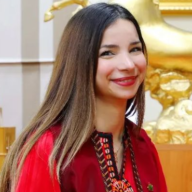
Historian and environmental management expert on Central Asia and researcher on Central Asia post-Soviet period. Journalist for EuReporter and EuReflect and Special Director of “The Gulf Observer” for Europe and Central Asia.
